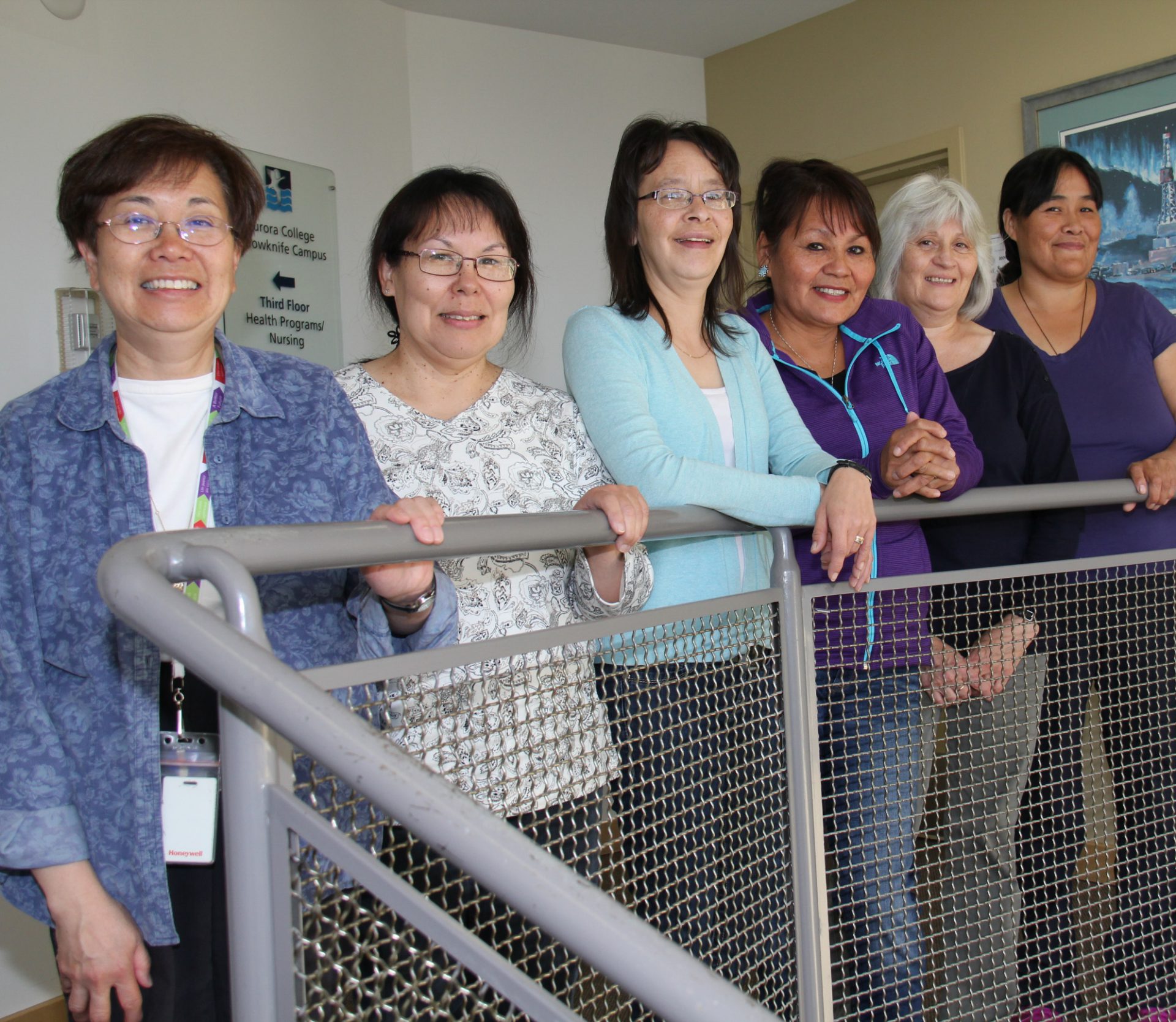Support health promotion in your community
Program: Community Health Representative
School:
Location:
Program length: Modular Part Time (540 hours)
Start date: N/A
Credential:
- Aurora College Certificate of Achievement
Delivery:
- Part Time
- Classroom

Program Description
Program Eligibility
Applicant Assessment
Program Admission
Program Information
Program Objectives
Completion Requirements
Document of Recognition
Courses in Program
- CHR 0110 | Human and Community Needs in Health
- CHR 0120 | Working with Groups
- CHR 0131 | Communications and Professionalism
- CHR 0235 | Understanding the Human Body
- CHR 0241 | Human Development: Infant and Child Wellness
- CHR 0242 | Human Development: Adult and Elder Wellness
- CHR 0315 | Healthy Lifestyles
- CHR 0320 | Community Wellness – Health Promotion and Community Development
- CHR 0341 | Community Wellness – Environment and Injury Prevention
- CHR 0401 | Consolidated Practicum
- CHR 0435 | Mental Health and Addictions
